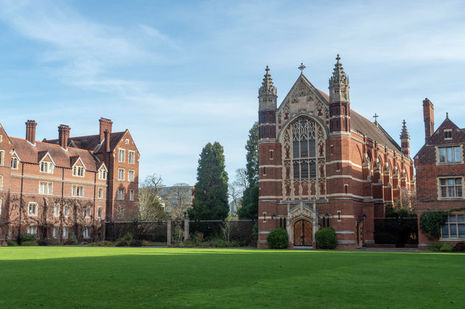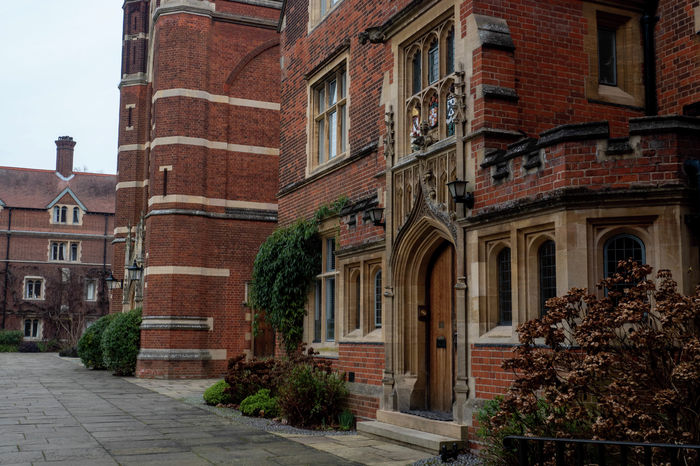Free speech has been stifled at Cambridge, says outgoing Selwyn master
Roger Mosey argued that debate on several topics had become ‘difficult, if not impossible’

Roger Mosey, the outgoing Master of Selwyn College, has claimed that Cambridge has a culture of “ideological conformity,” with some academics cautious about expressing dissenting views.
Writing in The Telegraph ahead of his departure in September, the former head of BBC TV News claimed that “activist movements” had “got a grip across the university… probably in part because of their vehemence,” which left academics allegedly “afraid,” “frightened,” and “isolated” for voicing dissent.
Mosey stated that “the biggest lesson from more than a decade in Cambridge is about the peril of trying to impose conformity on a university whose driving force should be academic freedom”.
Mosey argued that debate on several topics had become “difficult, if not impossible,” pointing in particular to questions surrounding gender identity.
“It seemed impossible to be both [pro-minority and pro-free speech],” he wrote, “because any questioning of trans rights in particular was automatically seen as transphobic.”
His piece also criticised several now-rescinded policies once floated by the University, including a proposal to allow anonymous online complaints against academics and an internal policy that microaggressions could be reported to police.
These, Mosey claims, contributed to an atmosphere in which staff felt vulnerable to “career-threatening disciplinary process[es]”.
The article also featured remarks from Mary Beard, who allegedly told Mosey that “saying something mildly off-message” had left her exposed to online attacks. “The idea that we all have to sign up to one monolithic cultural viewpoint is stifling,” Beard reportedly added.
While critical of the University’s past responses, Mosey described “improvement” in recent years under Vice-Chancellor Deborah Prentice, who he suggested has promoted constructive debate.
He welcomed a series of “dialogues” launched by Prentice to expose students to a wide range of views on topics like assisted dying, free speech, and democracy, and noted a “healthier” climate emerging more recently.
In February, Selwyn defended keeping controversial comments under a Facebook post celebrating the start of LGBTQ+ history month on the grounds of freedom of speech.
After Mosey leaves his role, Suzanne Raine, a former head of the Joint Terrorism Analysis Centre, will take over as Selwyn’s new Master.
 News / Cambridge students accused of ‘gleeful’ racist hate crime4 December 2025
News / Cambridge students accused of ‘gleeful’ racist hate crime4 December 2025 News / Churchill announces June Event in place of May Ball3 December 2025
News / Churchill announces June Event in place of May Ball3 December 2025 News / Uni redundancy consultation ‘falls short of legal duties’, unions say6 December 2025
News / Uni redundancy consultation ‘falls short of legal duties’, unions say6 December 2025 News / Cambridge cosies up to Reform UK30 November 2025
News / Cambridge cosies up to Reform UK30 November 2025 Comment / Don’t get lost in the Bermuda Triangle of job hunting 24 November 2025
Comment / Don’t get lost in the Bermuda Triangle of job hunting 24 November 2025









